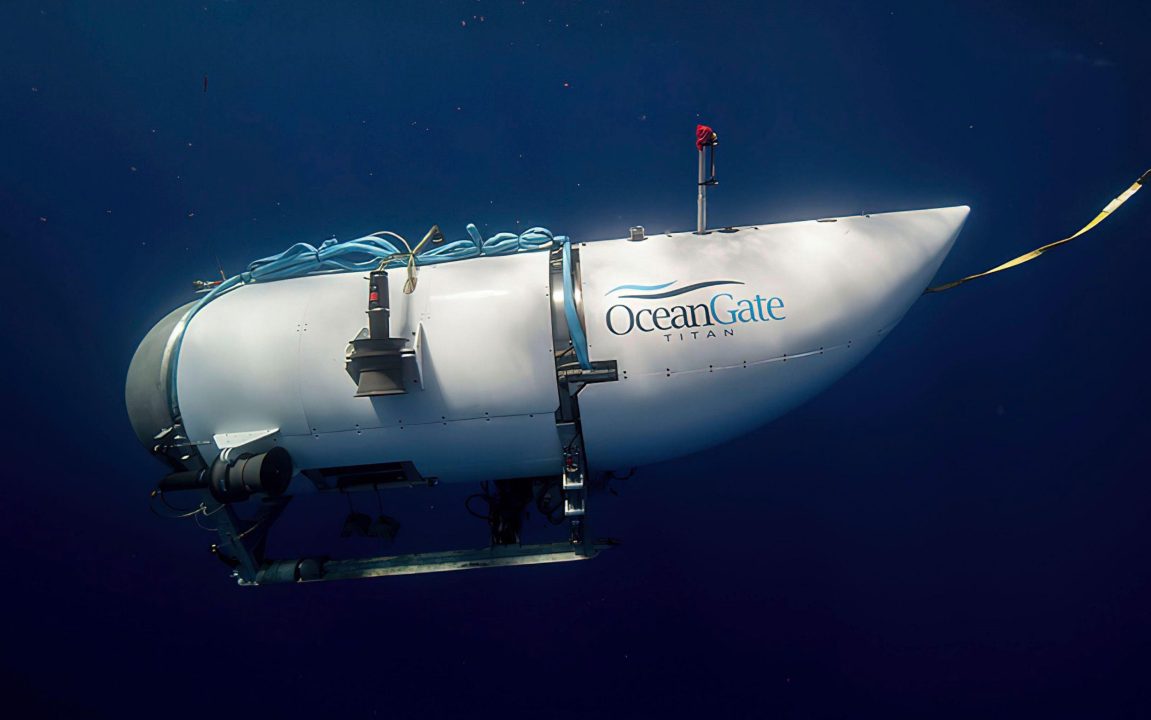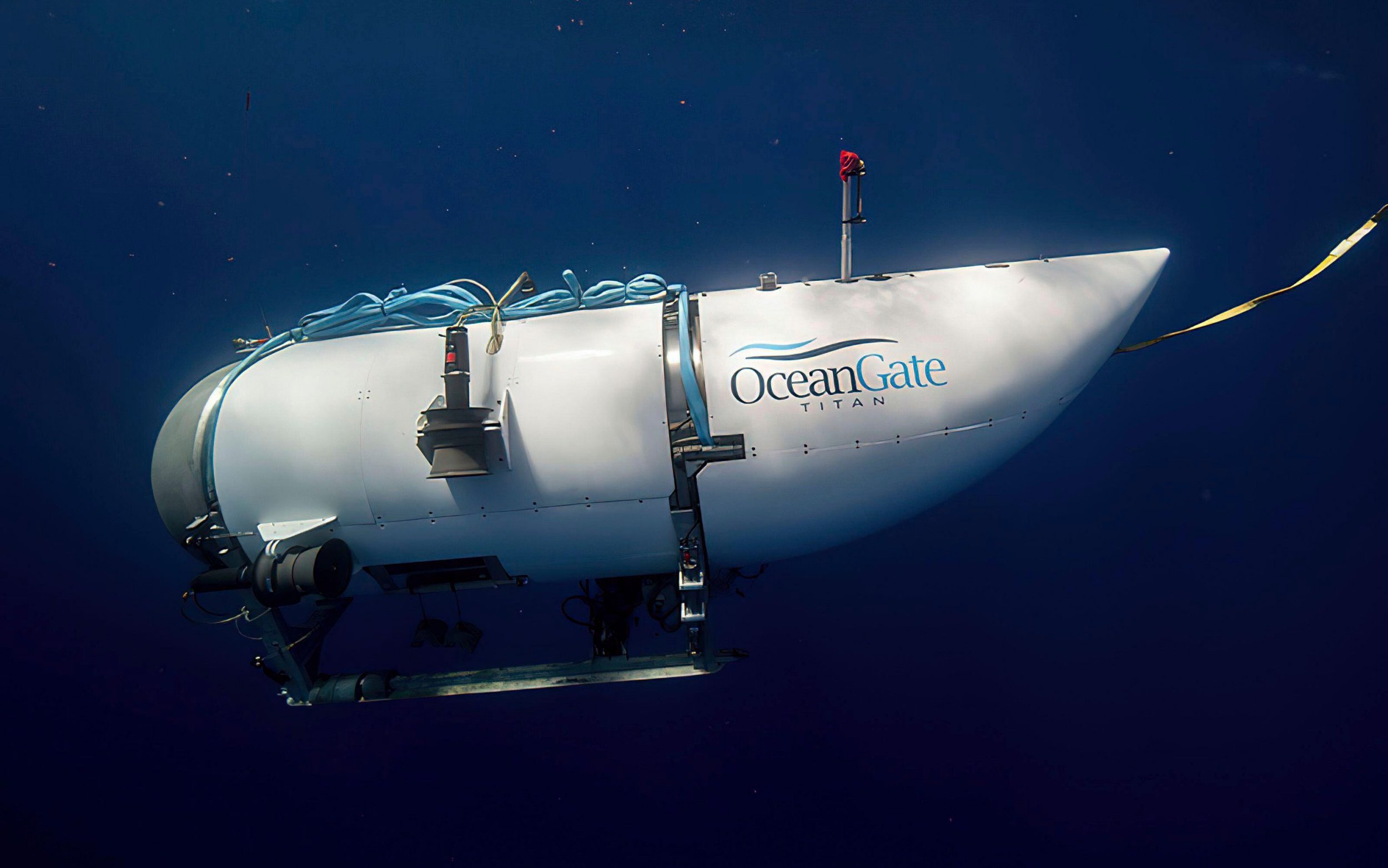Some people call me a disaster tourist. I’ve been to Afghanistan, Somalia, North Korea, Syria and Ukraine, to name just a few. I’ve been threatened by kidnappers and have been shot at, but it’s never seriously bothered me. A taste for danger is just part of who I am. That’s why I respect those five men who perished in the Titan submarine last week. They were prepared to descend into the crushing depths of the North Atlantic in a tiny submarine to look upon the most notorious shipwreck in the world, the Titanic. They wanted to experience a place so dangerous that only a handful of people on earth would ever dare go.
With gunfire blazing all around, I felt more alive because I was closer to death
There’s an allure to danger that is difficult to explain. In Iraq, I travelled to the city of Kirkuk to witness the fight against Isis, one of the most depraved and evil enemies the world has ever seen. As I sat in the car with my fixer and driver, I knew what the hot and dusty road led to. I knew we could have been blown up by an IED or hit by a rocket at any moment. When I made it to the front line, I came under fire from Isis and could have easily been killed. But I survived and was able to witness the courage of ordinary Iraqis fighting to liberate their land. With gunfire blazing all around, I felt more alive because I was closer to death.
When I got back, I was able to share the story of those courageous men fighting Isis with the rest of the world. Sadly, the five people on the Titan can’t share their story, but they have still made a statement. They will be remembered.
Predictably, almost as soon as it was announced that the craft had been destroyed, people began to say exploration and extreme tourism like this shouldn’t happen. But who are they to decide? I get similar criticisms when I travel. People, usually keyboard warriors who have never been far from their sofa, say I shouldn’t do it. Why don’t I think of my family? Why waste the money? What is the point of it?
I normally reply that there is no point in risking your life climbing Everest or crossing Antarctica either, but I’d rather die somewhere doing something dangerous than die from a heart attack on my sofa. If I share something with the men on board the submersible, it’s an appreciation for the extreme. First you have the fear of whatever you are facing, then you have the anxiety of experiencing the threat itself, and then finally the relief when you get back alive. The more extreme you go, the more you put yourself at risk, the more you appreciate what you have.
We humans need to challenge ourselves; we need to put ourselves through trials and tribulations to progress. And as a species we need eccentrics like the men on the Titan. Critics claim that the trip would have achieved nothing even if it had succeeded, but that isn’t true. Every time we push the limits of technology and our own knowledge, we contribute to human endeavour. OceanGate was trying to build a world where it is easier to visit the bottom of the sea. What could be down there? Perhaps species we have never seen before or rare earth metals that could transform our society. If you don’t look, you’ll never know. Maybe the company was reckless – who knows – but their aim was a noble one.
I read the mother of the youngest man on board say that her son was planning to attempt a world record for solving a Rubik’s Cube at the lowest point on earth. If that’s not making a statement with your life, I don’t know what is. And even though they have died, these men will go down in history for the remarkable thing they attempted to achieve. They’ve done something with their lives. How many of us can truly say that?







Comments